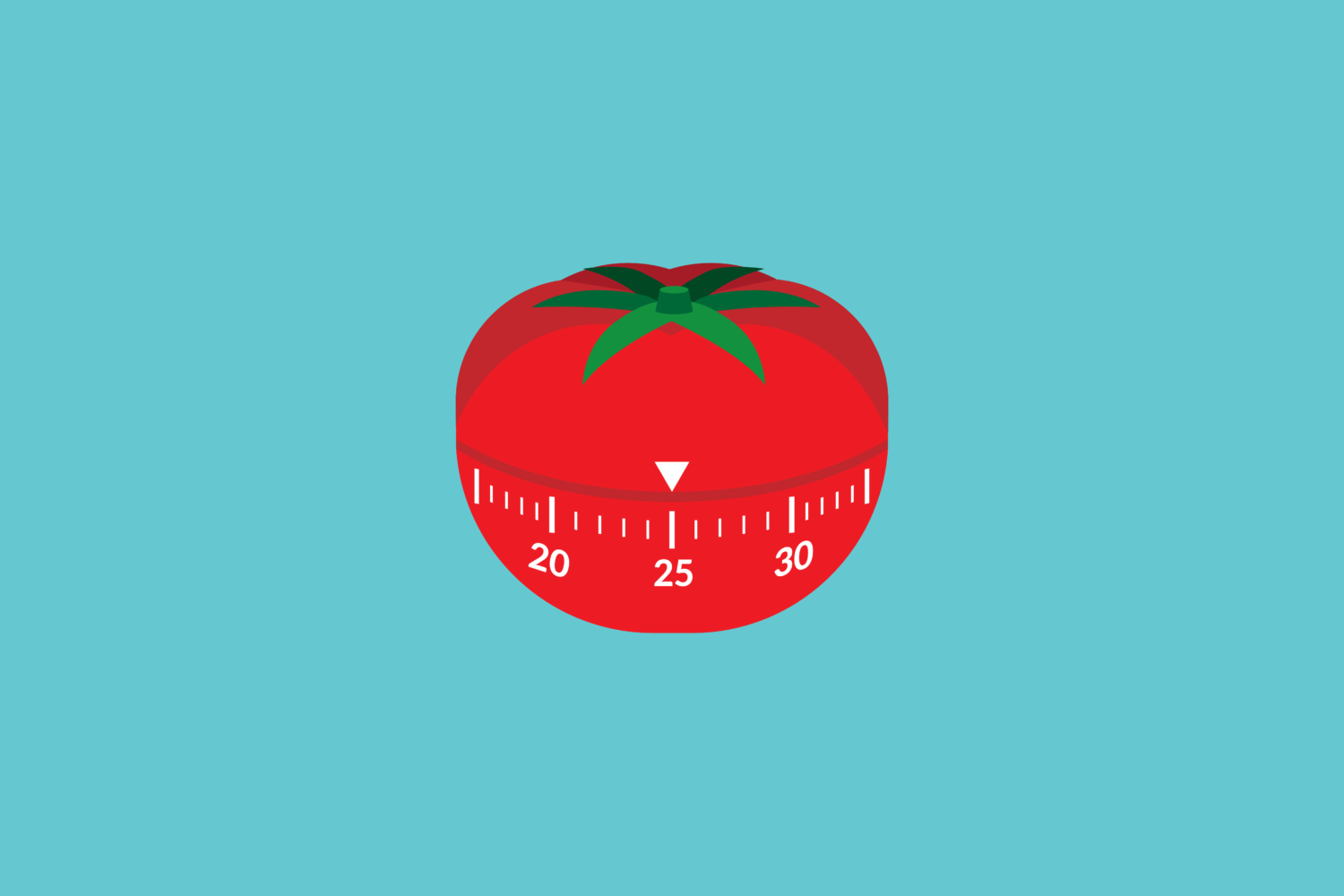
by Ayman
I’m sure that for many, the prospect of sitting the 11+ appears to be quite the feat. For most children, it’s probably the first real challenge they’ve ever faced, and there’s no doubting that the time leading up to the exams will be difficult. Having said that, there are a range of ways in which we can smoothen out the process, even just a little. One of the most unsung of these is keeping good habits. I’ll start by drawing a rough analogy. As a scientist, taking real life situations and reducing them to simple models is my bread and butter, so bare with me here! Imagine the 11+ as a sea that needs traversing – your child as that ship, you as parents situated at the ship’s helm, and the team at TestTeach as the crew, gently, yet meticulously guiding it between the waves. What really drives the ship though is its sails – the good habits your child learns and cultivates, as it draws in huge gusts of wind. With the guidance of the captain and the help of the ship’s crew, it traverses the seas, delivering various goods to distant lands. What’s my point here? It’s that a collection of good, well practiced habits will, with the right guidance, undoubtedly lead your child to success in the 11+, and will even propel them into a prosperous life at school and beyond. Fostering these good habits now will most certainly pave the way for your child to grow into well accomplished individuals.
So, how do you succeed in the 11+? I’m afraid my answer will likely be unsatisfying for some. There is no set recipe for success here, everyone of our students are individuals, with their own personalities, strengths, weaknesses and experiences. However, through my 7 years of teaching, and having been through the process myself, I’ve been able to distill a few key characteristics that in my view constitute success at the 11+. It really is just a cocktail of consistency, good organisation and management, authentic guidance, exemplary exam technique and practice. Discipline also helps. As for guidance, technique and practice, that’s what we’re here for. But what about the rest? If I’m honest, even the most successful in their fields have flaws in consistency, let alone children in Year 5. However, it is most definitely possible to foster these favourable attributes in your child. Establishing the right habits, from early, is how you begin to assemble the necessary characteristics for success. With a little tweaking here and there, with nudges in the right direction from us, your child has serious potential to thrive, at the 11+ and beyond. I have no doubt in that.
“Productivity, motivation, inspiration. These, while important, are overrated. Motivation comes and it goes.”
Productivity, motivation, inspiration. These, while important, are overrated. Motivation comes and it goes. I’ll caveat this by saying that motivation isn’t necessarily a bad thing – its a useful tool which you can use effectively with your child. I recall arriving at Sutton Grammar in my primary school uniform one evening for their open day. I remember the feeling I had when I saw that the school in fact had its own swimming pool! For the rest of my time preparing for the 11+, the thought of that swimming pool habitually came by me, pushing me to continue doing what I was doing. My productivity would spike and my enthusiasm would intensify. However, this motivation, and the subsequent productivity ebbs and flows. To rely on it would be counterproductive. On the other hand, habits, when consolidated correctly are concrete, and permanent. They should be the pillars upon which your child’s work and progress rests during this process. Success, in this case obtaining a place in your chosen school, really is a product of the systems used to achieve. This achievement is only momentary. Instead of fixating on the end goal, concentrate on the way you intend on achieving that goal. James Clear, in his international bestseller Atomic Habits, really summarises this nicely and succinctly, “Fix the inputs and the outputs will fix themselves”. Excellence is in the process, not in the result.
So what does this mean for you and your child when preparing for the 11+? Intermittent, bursts of solid, dedicated work for long periods of time will often do more harm than good. Instead, step back and re-evaluate these behaviours. It’s time to put into action some really well thought out, consistent, positive habits. I’ll elucidate my point with an example. Habitually dedicate 30 minutes a day to one subject, as opposed to doing 3, 4, or even 5 hour sessions that are far and few between, often only on weekends. Get into the rhythm of doing this and success is cumulative – it builds on previous progress. Over time, you’ll start to see your child getting more comfortable with the content and also how it’s examined. As a direct result, test week will come and your child will see that 5% monthly score increase – perhaps even more! This is one of the most unsung virtues of keeping good habits – they reinforce each other positively and trigger new good habits altogether! As with many things, habits have a cyclical, self-reinforcing nature to them. When your child starts to enjoy the process, when they start to see results – it’s at that point that we see true growth.
In all honesty, the 11+ is a truly fantastic exercise for the future challenges your child will face – be it GCSE’s, A-Levels, university, a career and beyond. Mastering a few good practices now will most definitely go a long way. Massive success doesn’t just require massive action. In fact good habits don’t even need to be noticeable, they simply need to be meaningful. In the words of Benjamin Franklin; ‘little strokes fell great oaks’.